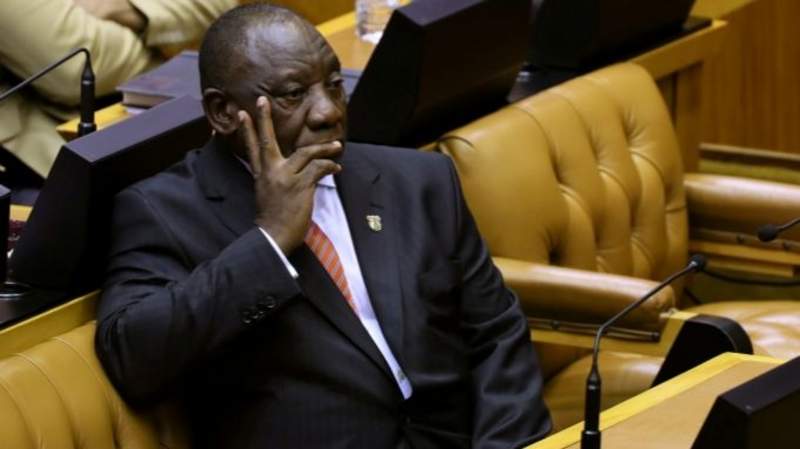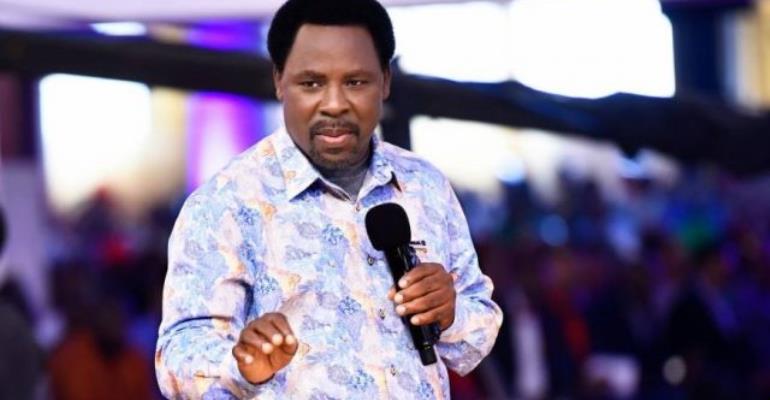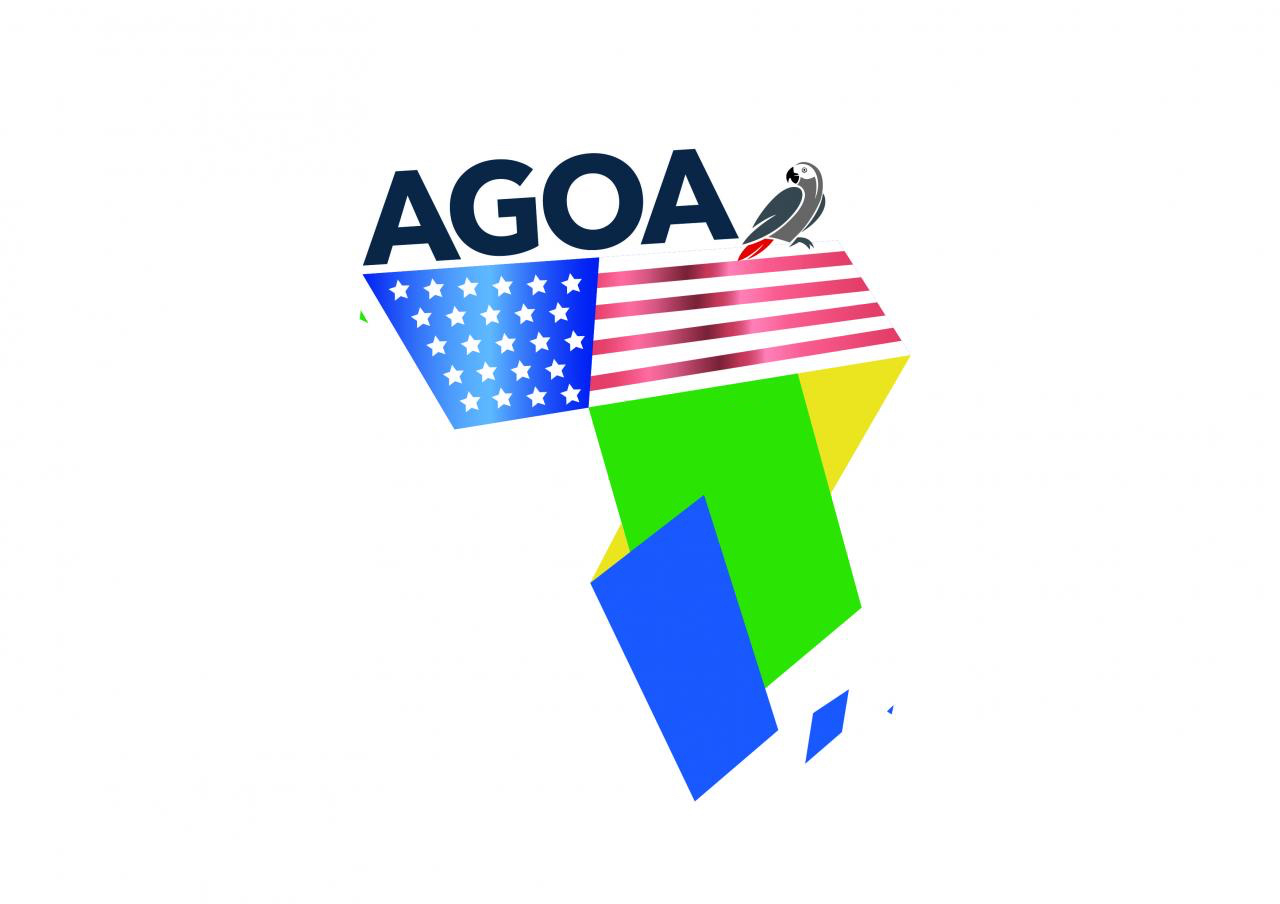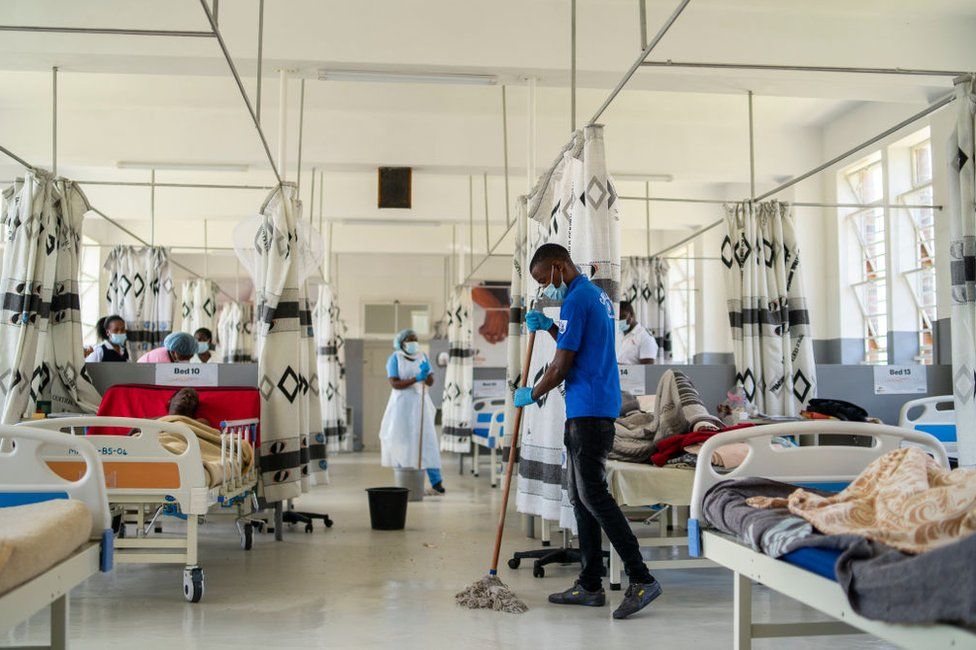Cyril Ramaphosa expresses worry over persistent electricity crisis in the country

According to him, load shedding means that households and supermarkets are unable to keep food fresh, water supply is often disrupted, traffic lights do not work and streets are not lit at night.
Ramaphosa emphasised that without a reliable supply of electricity, the efforts to grow an inclusive economy that created jobs and reduced poverty would not succeed.
Delivering his Freedom Day keynote address on April 27 in Matlosana near Klerksdorp in the North West Province in South Africa, under the theme “Consolidating & Safeguarding Democratic Gains Ramaphosa said “Freedom cannot be meaningful when South African homes and businesses are without electricity for several hours in a day”
He stressed that the government is using “every means” at its disposal to maintain and restore the failing power stations and to build new generating capacity “as a matter of the greatest urgency”.
Ramaphosa also expressed optimism that South Africa’s energy system would soon be “fundamentally transformed” and “more stable, more reliable, more affordable, and more sustainable”.
The South African energy crisis is an ongoing period of widespread national blackouts of electricity supply. It began in the later months of 2007 and continues to the present. The South African government-owned national power utility, and primary power generator, Eskom, and various parliamentarians attributed these rolling blackouts to insufficient generation capacity.
Source: elvisanokyenews.com





